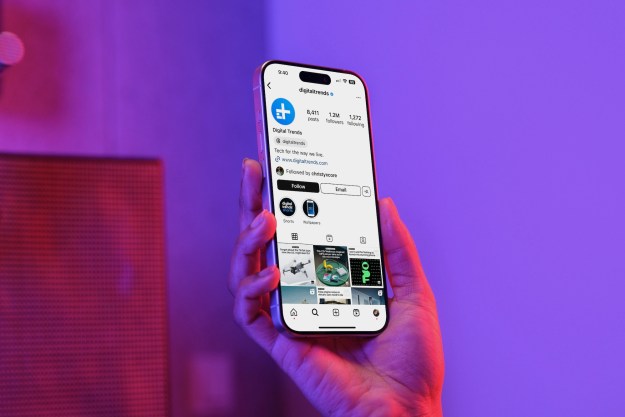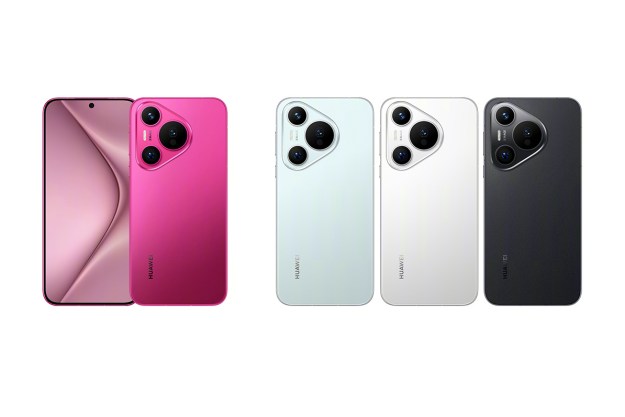
Verizon and AT&T were the big winners in the FCC‘s much-watched 700 MHz wireless spectrum auction (PDF), bidding more than $16 billion to control vast swathes of the soon-to-be-available spectrum that may be the United States best hope for nationwide wireless broadband services. The auction comprised a total of 1,099 licenses, including both nationwide blocks and many regional licenses.
Verizon Wireless won the largest nationwide C spectrum block, bidding $4.74 billion to narrowly outbid Internet titan Google, which bid $4.71 billion for the same block. Verizon also scored 25 regional licenses within the 700 MHz band, enabling it to roll out or sub-license services in those regions. Verizon now has licenses to 700 MHz services throughout the United States, save for Alaska, Puerto Rico, and the Gulf of Mexico.
AT&T won a total of 227 regional licenses around the United States, comprising much of the auctions’ B block. AT&T will no doubt use those licenses to bolster a 700 Mhz spectrum license it bought from Aloha Partners prior to the FCC auction; taken together, AT&T now has 700 MHz bandwidth in most of the nations’ major wireless markets. Industry watchers wondered if AT&T would be a major player in the 700 MHz auction since it was the only major operator to have secured 700 MHz spectrum rights prior to the auction.
FCC Chairman Kevin Martin hailed the 700 MHz spectrum auction as a “significant” success (PDF), saying the new spectrum licenses would enhance competition for wireless services, and noting the auction raised a record amount of money for the U.S. government. However, the auction failed to find a buyer for one nationwide “D block” license that came with a minimum bid of $1.3 billion and a requirement that the license holder develop a national emergency response frequency.
Industry watchers, however, have mixed feelings about the auction results. On one hand, the results are a victory of sorts for Google, even though the company did not succeed in winning a chunk of 700 MHz spectrum. (Google was likely not interested in being a wireless operator anyway, but would have likely sub-licensed spectrum to other partners.) Google’s participation helped ensure the winning bid for the largest block of spectrum was large enough to trigger “openness” rules the FCC (somewhat reluctantly) attached to that spectrum block; now the winner (Verizon) will have to allow a wide range of devices and applications to utilize the spectrum block, and will not be able to tie it down exclusively to its own applications and services.
On the other hand, the results of the 700 MHz auction means the two largest wireless operators in the country—AT&T and Verizon—possibly locking in their dominance of the wireless industry for years to come.
One interesting buy in the auction: Frontier Wireless bid a total of nearly $712 million for 700 MHz licenses in the lower-bandwidth E block; the company is a subsidiary of satellite television operator Dish Network. Qualcomm also won portions of the B and E blocks.
The 700 MHz spectrum blocks will become available for use on February 19, 2009, when analog television transmissions cease in the United States.

